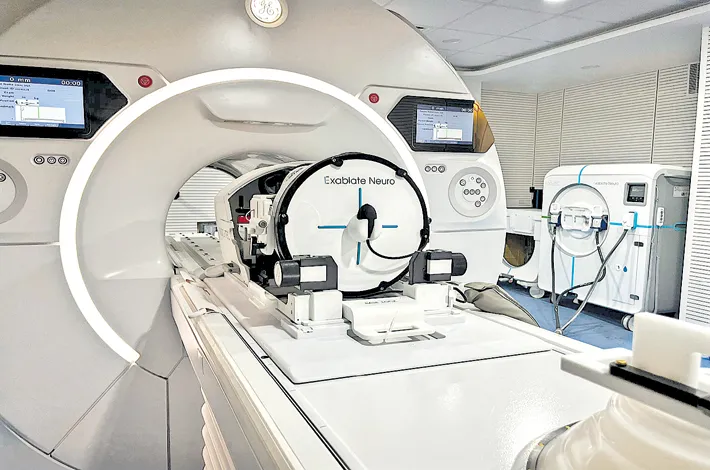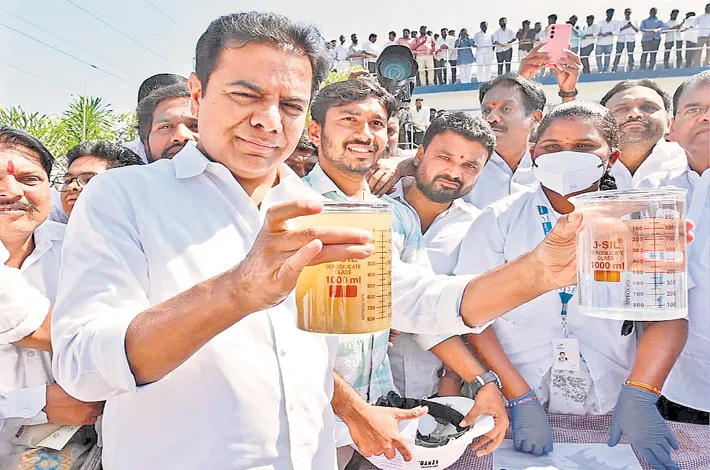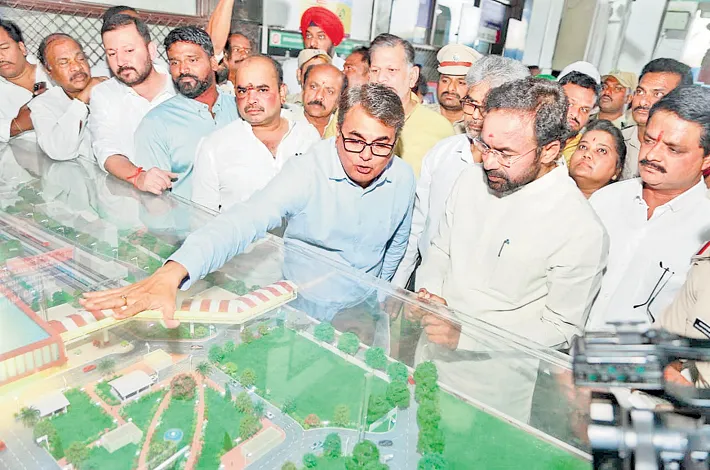Neurologists warn of rising movement disorders
29-11-2025 12:00:00 AM

HEMA SINGULURI | Hyderabad
On World Movement Disorders Day, November 29, neurologists in Hyderabad are raising the alarm over a rising wave of movement disorders, including Parkinson’s disease, tremor-related illnesses, and dystonia. Experts emphasize that public awareness and early screening are more important than ever, particularly with the city now offering advanced MRI-based ultrasound treatments that can eliminate certain tremors without surgery.
Traditionally associated with older adults, movement disorders are increasingly being diagnosed in younger populations. While genetics play a significant role, modern lifestyle factors including long hours in tech jobs, excessive screen time, sedentary routines, and lack of neurological screening can worsen symptoms or accelerate underlying conditions. Specialists also note a marked increase in Essential Tremor (ET), the world’s most common movement disorder, which affects up to 5% of the population and often emerges in middle age.
Early detection is key
Dr. M Jayasree, Consultant Neurologist at KIMS Hospitals, Secunderabad, points out that Hyderabad’s aging population is contributing to the rise in cases. ‘Many patients mistake early symptoms for natural aging and delay seeking help,’ she says. ‘This reduces treatment effectiveness, even though early intervention can significantly improve outcomes.’
Highlighting a breakthrough treatment, Dr. Jayasree adds, ‘Magnetic Resonance Guided Focused Ultrasound (MRGFUS) is now available in Hyderabad. Tremors can be treated without traditional surgery, no incisions, no injections. Patients see results immediately after the MRI procedure.’
Parkinson’s disease, she explains, is influenced by aging, genetics, and declining dopamine levels, while physical inactivity and obesity can worsen degeneration. Early signs, such as slow walking, stiffness, and tremors, often go unrecognized by families, delaying diagnosis.
Rising Dystonia and environmental risks
Dystonia, another movement disorder on the rise, is marked by abnormal postures, jerky movements, or tremors. Environmental exposure contributes to risk: while rural patients may face pesticides, urban residents in Hyderabad are increasingly affected by industrial chemicals and air pollution.
Doctors urge lifestyle changes, including regular exercise, healthy diet, and blood pressure management, to reduce risks. Yet public adoption remains limited. ‘Hyderabad must understand that these serious disorders are treatable today,’ Dr. Jayasree emphasizes. ‘With modern, non-surgical technologies and early screening, awareness can truly change lives.’








